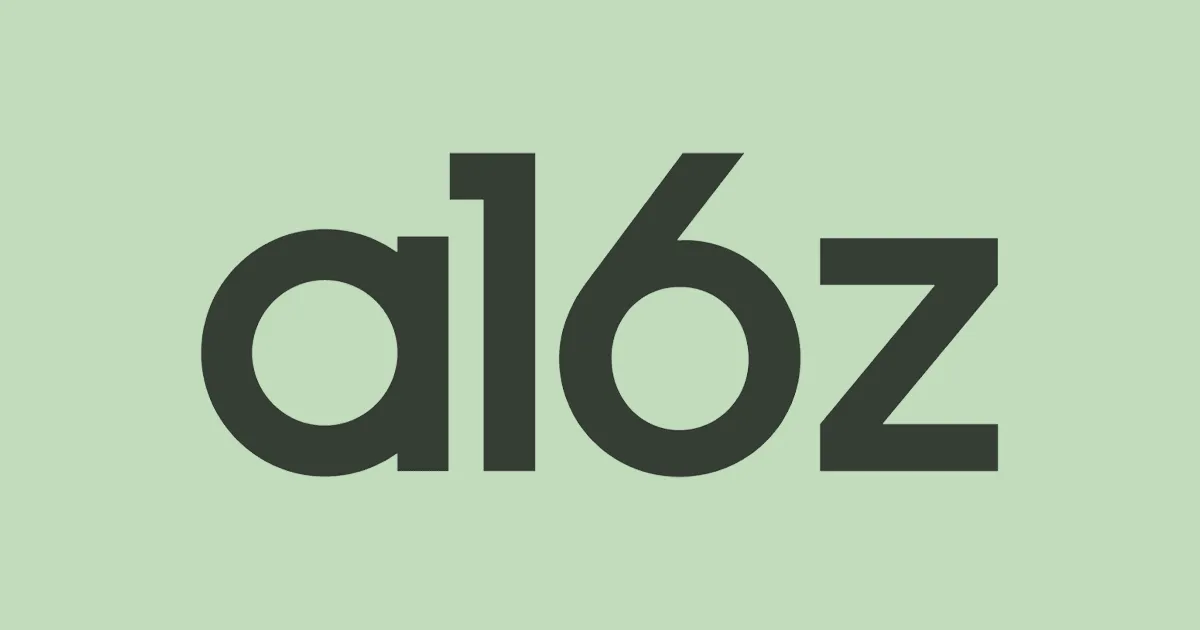- Banks accused of secretly blocking consumer access to crypto platforms.
- a16z partner warns of rising anti-competition tactics by banks.
- High fees and app blocking threaten fintech and crypto innovation.
Major U.S. banks are being accused of quietly launching a coordinated effort to block consumer access to crypto and fintech platforms. Andreessen Horowitz partner Alex Rampell has raised alarm over what he calls “Operation Chokepoint 3.0,” alleging that traditional banks are using private tactics to stifle competition.
According to Rampell, this campaign has been emerging as federal-level regulatory pressure is being reduced during President Donald Trump’s tenure. Whereas a prior regulatory crackdown further made it difficult for crypto companies to use banking services, the new concern now is that the banks are taking the situation into their own hands.
Also Read: Ripple Bank Charter Update: Fed Access and Trust License in the Works
Rampell cites high transaction fees as one tool to discourage users from transferring money to crypto-based accounts such as Coinbase or Robinhood. He asserts that customers are paying a lot of money for very basic things like sending money or retrieving information on their accounts that is already printed on a check.
He cautions that these fee-generating activities do not necessarily aim at raising revenue, but they are meant to keep customers away from moving to conventional banks. An example of this is when it requires $10 to transfer a sum of $100 into a crypto platform; most consumers will give up the initiative altogether.
App Blocking and High Fees Threaten Consumer Access to Crypto
Beyond fees, Rampell says some banks are also preventing users from linking their accounts to crypto and fintech apps. He believes this restriction is aimed at trapping customers within legacy banking systems and removing their freedom to explore better financial options.
He stated that customers are being held hostage with little control over banks and new refined tools. The majority of users have been left with little choice when most mainstream banks implement more or less the same restrictive policies.
Rampell tries to counter those moves by explaining that there are legal mechanisms that can be deployed to fight them. He cites the Dodd-Frank Act Section 1033 regarding consumers’ right to access their financial information.
He is urging the Consumer Financial Protection Bureau to implement this provision and prevent what he views as a deliberate attempt to destroy competition. In his view, what is required is not the creation of new laws but the right enforcement of the existing ones.
The warning comes amid rising concerns about financial freedom and access in the digital economy. As the clash between banks and crypto platforms escalates, regulators may soon face pressure to step in.
Also Read: Ripple Locks Over $2 Billion Worth of XRP in Escrow as Token Slips Below $3
